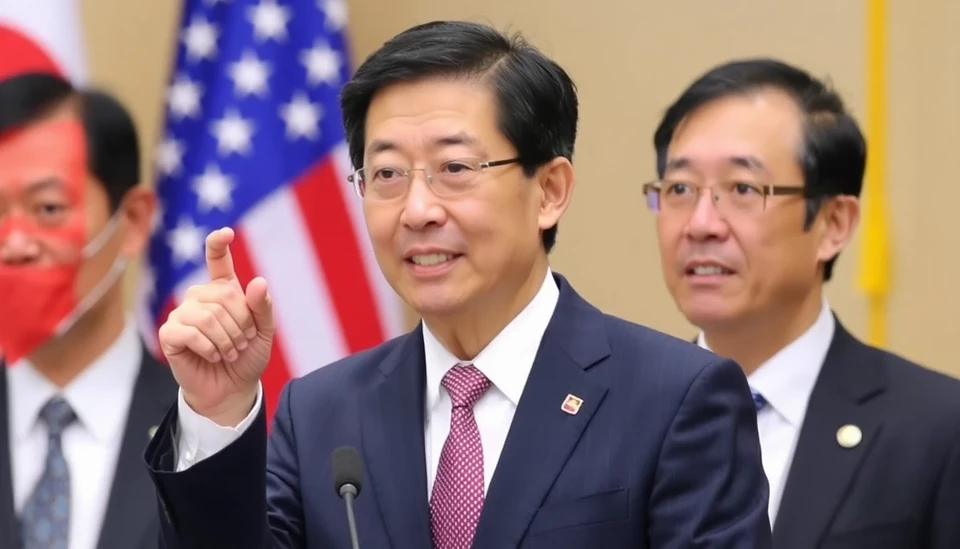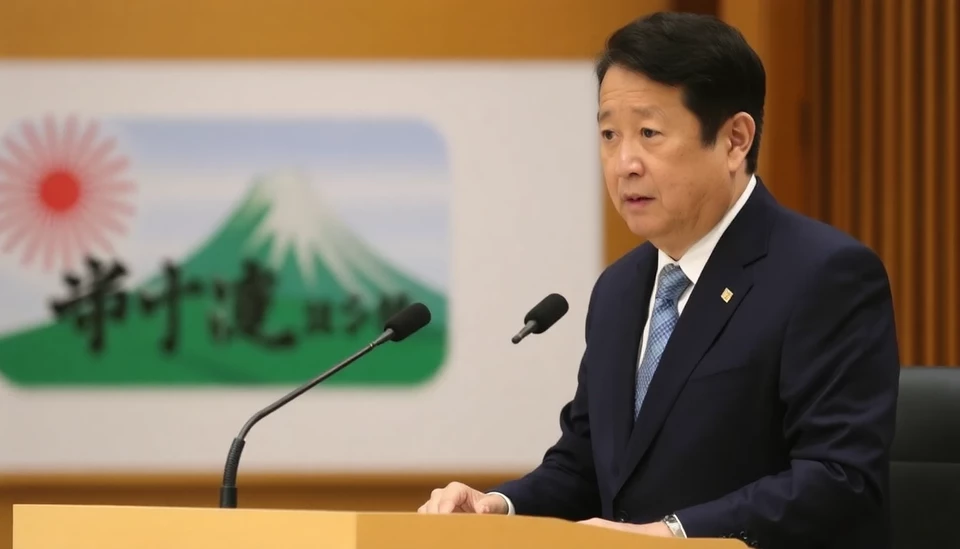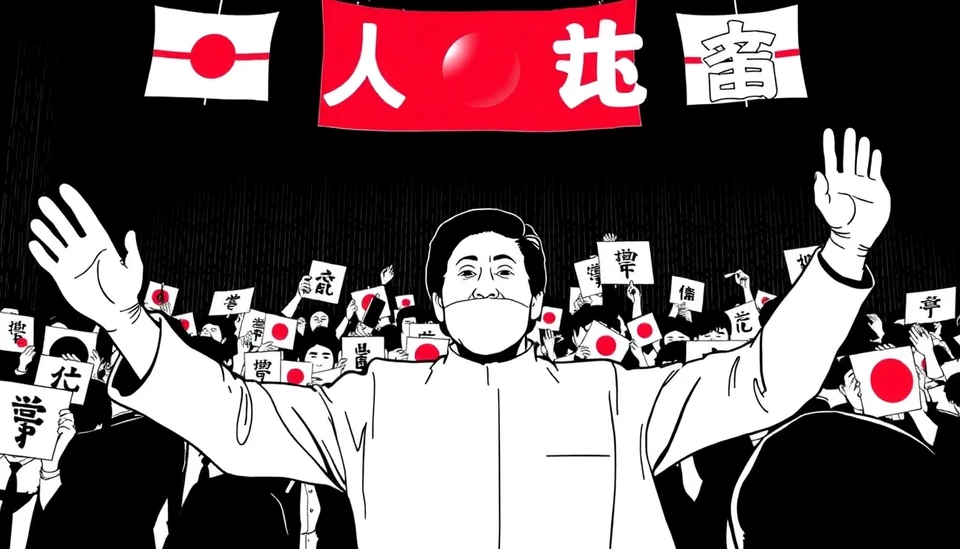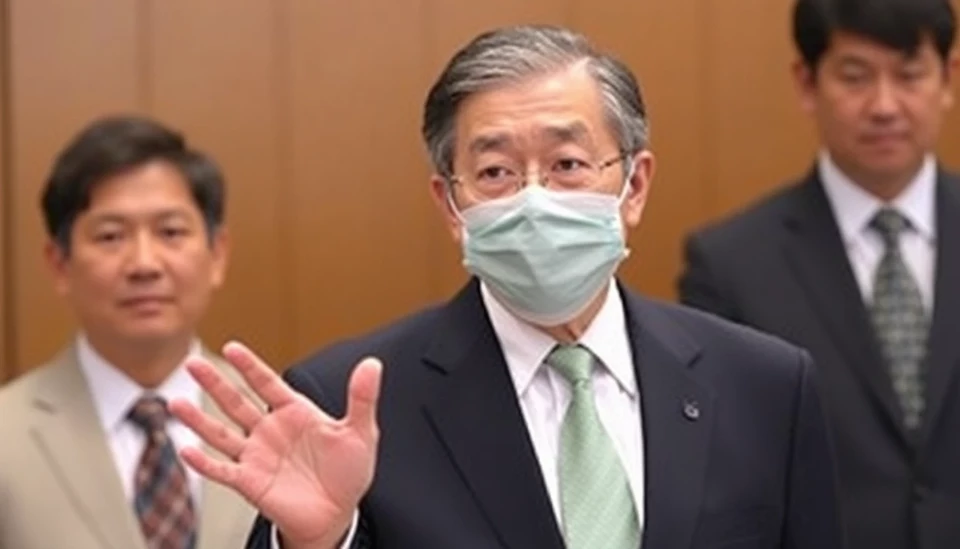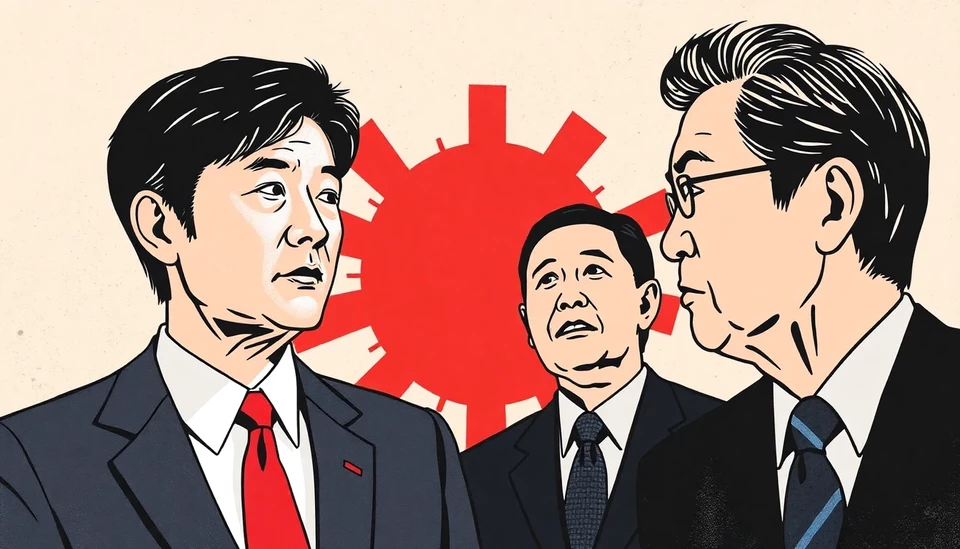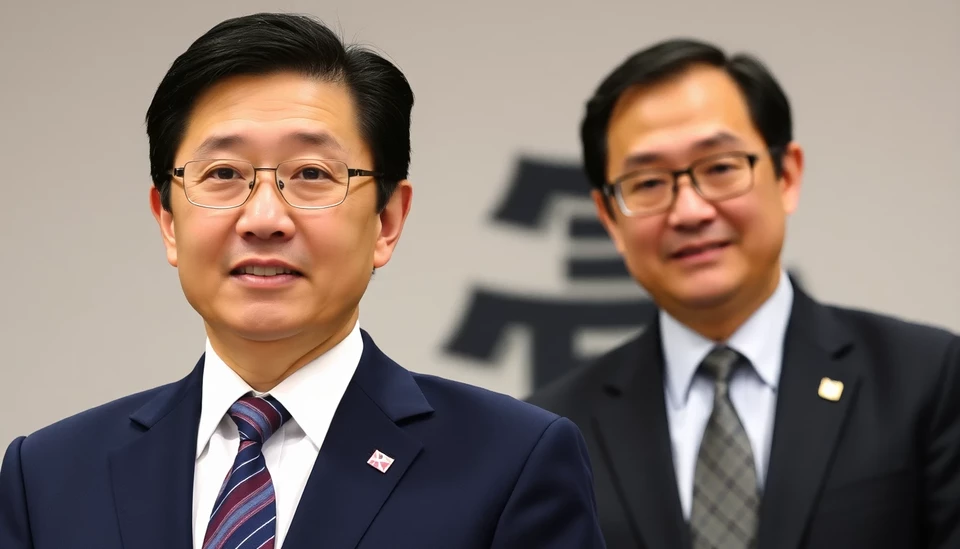
In a surprising turn of events, Japan’s political scene has witnessed a significant development as a newly formed political party has put forth a staggering $37 billion proposal aimed at bolstering Prime Minister Ishiba’s budget. This move not only reflects the party's ambitions but also marks a crucial moment in the nation’s administrative strategies as it aims to address pressing economic concerns.
The upstart party, which is relatively new on the political stage, has gained traction among the electorate, capitalizing on the desire for change and reform. With Prime Minister Ishiba's government focusing on key initiatives to revitalize the post-pandemic economy, the proposed funding is seen as a strategic alliance that could handle various challenges, including improving infrastructure and enhancing social welfare programs.
Political analysts suggest that this financial infusion could serve as a lifeline for the Ishiba administration, which has faced scrutiny over its handling of budgetary concerns in the wake of soaring public debt and economic stagnation. If the proposal is accepted, it could pave the way for significant upgrades in public services and stimulate domestic growth, aligning with the government's objectives of economic recovery.
The party, which has been vocal about its commitment to fostering economic innovation, believes that its offer will not only secure a partnership with Ishiba's administration but also position it as a key player in Japan's political landscape. Their vision includes ambitious plans to promote sustainable development projects and invest heavily in technology, aiming to equip the country for future competitiveness in a rapidly changing global market.
Critics, however, remain skeptical, pointing to potential risks involved with such a major financial commitment and the possible implications for fiscal responsibility. As debates continue, stakeholders from various sectors are watching closely to see how this unprecedented partnership will unfold and what long-term impacts it might have on Japan's socioeconomic fabric.
The outcome of this proposal could redefine alliances within the Japanese political arena, reshaping not just budgetary allocations but also influencing future policy decisions. As Ishiba prepares to address Parliament, the political dynamics will be closely monitored to gauge the reception of this fresh alliance, as well as its implications for the ruling party and opposition groups alike.
With the clock ticking ahead of the impending vote on the budget, negotiations are expected to ramp up in the coming days. Citizens and political observers alike anticipate whether this strategic maneuver will lead to an enhanced framework for Japan’s fiscal policy or expose vulnerabilities within the governing coalition.
In a country where economic stability is paramount, the outcomes of this collaboration could set a notable precedent for how financial support is leveraged in the political arena. As parties navigate complex political waters, the focus remains on ensuring the well-being of the populace while steering the nation toward a robust recovery.
As the political landscape evolves, it’s clear that the implications of this $37 billion offer could resonate far beyond immediate budgetary discussions, potentially influencing the future trajectory of Japan’s governance and economic strategy.
With all eyes on Prime Minister Ishiba and the emergent party, the developments in this story are sure to be of great interest to both domestic and international audiences.
#JapanPolitics #IshibaBudget #EconomicRecovery #PoliticalAlliance #PoliticalStrategy #NewParty #FinanceNews #JapanEconomy
Author: Rachel Greene
